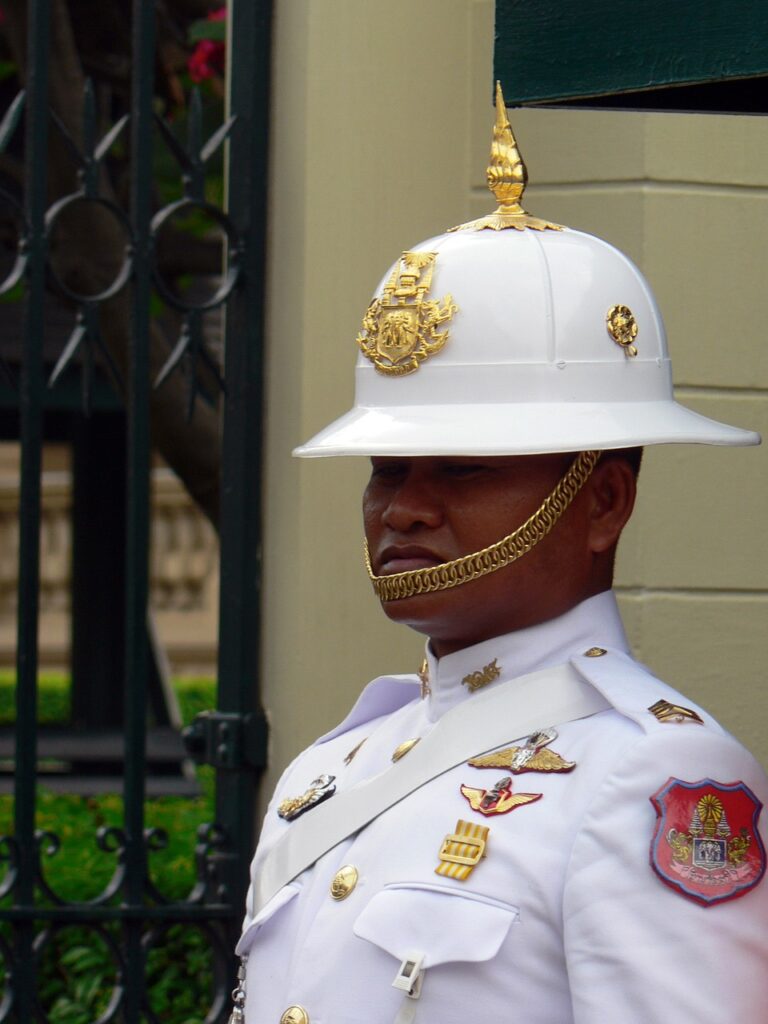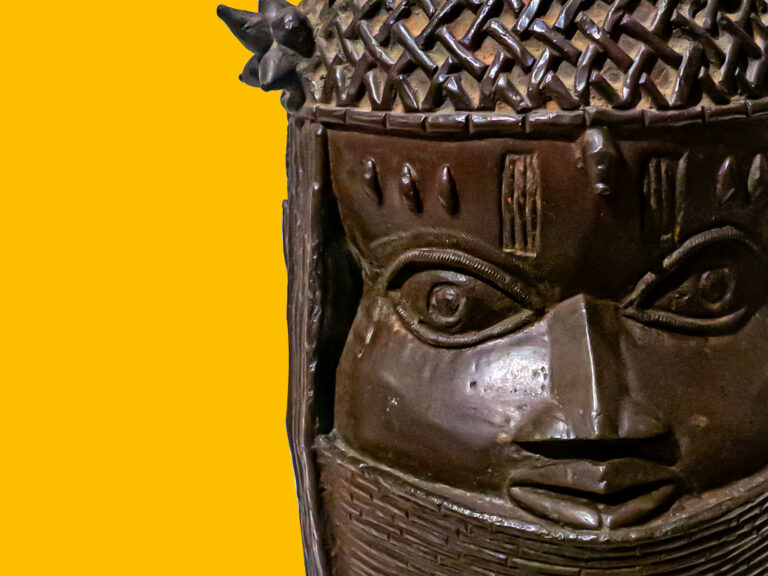Protests continued into a second week in Panama on Monday, as demonstrators expressed their opposition to a long-term copper mining concession granted to a Canadian company. To ease the anger and tensions, Panama’s government announced plans to hold a national referendum to allow the population to decide whether to cancel the mining deal.
Protesters from various parts of society have been demonstrating across the country for over a week, demanding that the government revoke the contract with a local subsidiary of Canada’s First Quantum Minerals. Critics of the concession argue that it puts Panama’s environment and water supply at risk, writes the AP.
President Laurentino Cortizo’s administration proposed a bill on Monday to send to the country’s congress, outlining the scheduling of a referendum in December. However, Panama’s top electoral authority indicated that it would not be possible to hold such a vote before the presidential election scheduled for May.
Interior Minister Roger Tejado, who submitted the proposed legislation, urged electoral authorities to fulfill their “historic role.”
The mining contract has significant economic implications for Panama. The local subsidiary, Panama Mining, employs over 9,000 people, and the company claims that its operations contributed to 4.8% of Panama’s GDP in 2021.
The government argues that the new contract secures a minimum annual payment of $375 million to Panama, which is ten times more than what was provided under the previous contract.
The new agreement extends Panama Mining’s concession over 32,000 acres (12,955 hectares) for 20 years, with an option for the company to extend it for another 20 years.
The scale and scope of the deal have generated both nationalist and environmentalist concerns. Critics argue that granting the company control over water usage at a time when drought has led to reductions in Panama Canal traffic is a mistake. The company contends that it uses rainwater it collects.
Protesters, such as Omayra Avendaño, a real estate broker, expressed worries about the water supply: “We’re almost out of water. All the money in the world will not be able to make up for the lack of water, which is already critical.”
First Quantum Minerals has not issued substantial comments since the protests began, aside from releasing a brief statement condemning protesters who arrived by boat at a port the company uses.














